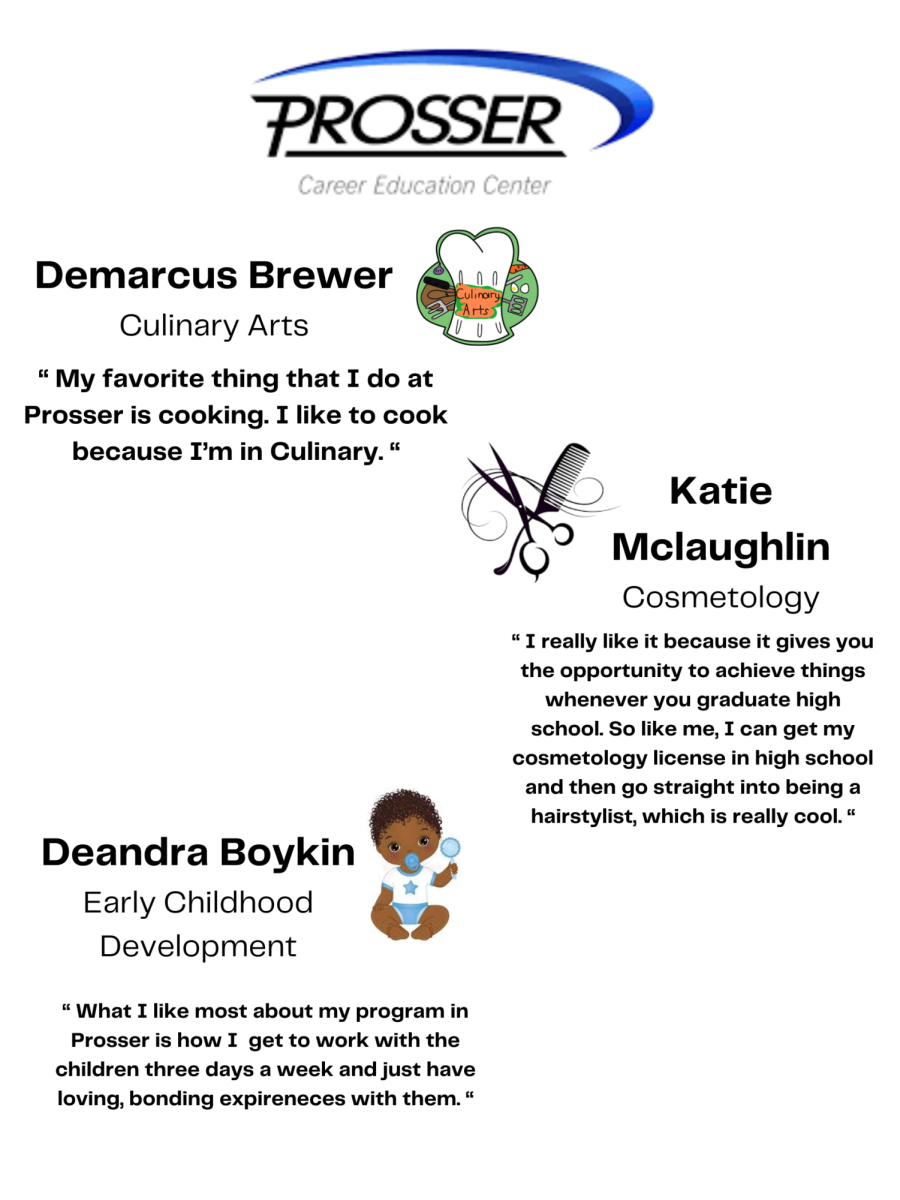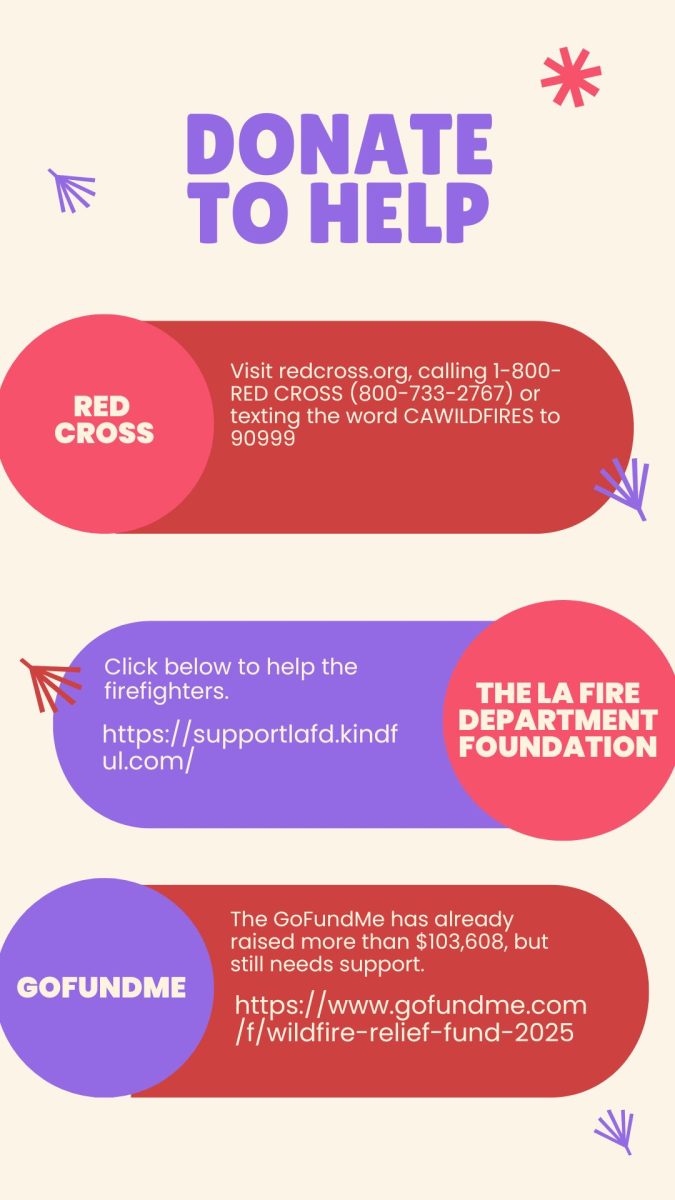Student’s “digital tattoo” reveals more to colleges than the common application
By Kaelin Dodge
With the year in full swing, seniors are in a rush to finalize their college applications while appearing to be the most qualified applicant for admission counselors, but does that application include a look into a student’s social media platform?
Aaron Harris, coordinator for minority recruitment, works as a college admissions counselor at Indiana University Southeast.
“Here at IUS we don’t [look into social media], but I know institutions that do have a common application involving your community service to school records, things like that,” Harris said. “[Those schools] are typically the ones that will look at your social media.”
Harris noted that if a counselor were to look into a student’s social media, it would be their choice and on their time since the standards at IUS do not include a formal background check.
“Our admission standards are different than everyone else,” Harris said. “Every university has their own, and for us we just look at students based on their academic achievements, we don’t look into their background. We’re more of a liberal type institution whereas there are larger institutions that use precaution when deciding who they accept and they dig in your background to see what’s going on.”
31 percent of college admission counselors said they had looked into student’s social media platforms according to a recent survey done by Kaplan Test Prep, of those that answered yes, 30% claimed they found incriminating information on these websites that negatively affected their view of a student, ultimately hurting an applicant’s prospects.
platforms according to a recent survey done by Kaplan Test Prep, of those that answered yes, 30% claimed they found incriminating information on these websites that negatively affected their view of a student, ultimately hurting an applicant’s prospects.
“[Colleges checking social media would look for] the way one carries her or himself,” Harris said. “Schools who check would watch the language they use, see how they interact with others, what kind of pictures and things they are posting because as a student you’re a representation of that university. [Universities] try to decipher what you’re posting on social media, how it’s being used, and the context you’re using it in.”
Although IUS does not look into a prospective student’s social media, others have and in some cases even denied a student acceptance because of it.
“A high school student who attended an information session at Bowdoin last year used twitter to criticize other students at the session and was later denied admission to the college,” reported the New York Times in March of 2014.
Harris believes that although their school doesn’t look into social media platforms, students should still be cautious of what they are putting out there.
“We have a thing here that we talk about all the time, which is that social media is a digital tattoo,” Harris said. “Whatever you tweet, it’s there. Whether you delete it or not, someone had the opportunity to see it first before it was deleted.”
Rule of thumb when it comes to social media? Harris says the best advice is to, “[Have] a public page and a private page. You need to differentiate between your professional and personal life.”






